‘The staff on the maternity ward were absolutely incredible but there just wasn’t enough of them,’ says Carol-Ann Reid, 31 from Macclesfield. ‘I went without morphine for hours, you’d ring the emergency bell and no one would come.’
Carol-Ann gave birth to twin boys in a pre-planned C-section last month, the night before the UK lockdown was announced. At the time, social distancing rules had been implemented, but not enforced, and hospitals were already exhausted by Covid-19 patients. It was an anxiety-inducing time to give birth, Carol-Ann says, not least because the NHS already didn’t have enough staff to go around.
‘The boys were a good size and healthy, but I lost a lot of blood and needed a couple of transfusions,’ she tells me. ‘They actually had to take my uterus out to try and stop the bleeding. They put it all back in, but I was essentially recovering from a C-section and hysterectomy in a way because the operation was so iffy.’
I was having to get up and feed and change the babies and I was just not in a fit state to do it.
After such a traumatising ordeal, one might expect round the clock care – but with the demands of Covid-19, that simply wasn’t possible. ‘I was put in my own room for the night, which was amazing, but because there were no staff coming round when I rang the emergency bell it was quite scary,’ Carol-Ann continues. ‘I was having to get up and feed and change the babies and I was just not in a fit state to do it. I said to them “we’ve just got to get through tonight and then I’ll discharge us tomorrow”. I was adamant I needed to be home.’
Asking to be discharged two days ahead of schedule, Carol-Ann says the midwives were supportive of her choice to go home early. ‘They actually hurried everything along, they fast-tracked everything,’ she says.

Similarly, Olivia Britton, 31 from London, was only in hospital for a total of 20 hours when she gave birth on 28 March. ‘I was absolutely desperate to get out there,’ she says. ‘In an ideal world, if my partner had been there with me, I would’ve liked to make use of the midwives giving me support with breastfeeding and everything else, but being on your own you sort of rush along the process yourself.’
Pregnant women being forced to give birth without the support of their partner has been a big talking point of lockdown, with some NHS Trusts allowing one person present during the birth while others ban birthing partners entirely. Now official guidance from the Royal College of Gynaecologists (RCOG) states that partners should be allowed in during labour and birth – unless they are unwell - however they are not allowed on antenatal or postnatal wards.
‘I went into hospital in the middle of the night after my waters broke and my husband just had to stand in the corridor for about or six hours because they weren’t allowing anyone in the waiting room,’ says Olivia. ‘My blood pressure was really high that night and I think it was all due to that situation and not having anyone there to hold your hand.’
Olivia was induced the following day but was already in active labour by then, at which point her husband was allowed to come in. ‘I was quite lucky,’ she says. ‘I know from other mums that early labour can last 24 to 48 hours, during which time my hospital wouldn’t allow birthing partners in the room. Not until they’re four centimetres.’
It was knowing that her husband was desperate to see the baby that also encouraged Olivia to leave hospital after 20 hours, as well as wanting to escape the ‘eerily quiet’ maternity ward. ‘It was like walking into an airport at 1am, there was just nobody,’ she says. ‘It was actually more anxiety-inducing being in the waiting room full of pregnant women. We were all alone, sitting two meters apart from each other and it was all so controlled and hostile.’
According to Olivia – who we should note gave birth three weeks ago – it’s not just the other mums practicing social distancing. ‘Nobody gets too close to you,’ she says, referencing the NHS staff. Perhaps, at this time, because staff on the maternity ward didn’t have PPE.
‘They were extra vigilant with cleaning and changing their gloves but on the maternity wards, you’re not allowed in if you’re symptomatic so there was no PPE on the obstetricians or labour ward staff,’ she says. ‘Although, if you’re symptomatic they would take you to a separate room where they would have PPE.’
In that sense, it sounds like an alarmingly cold and lonely way to give birth. But how about the support after giving birth?
‘We we’re meant to have a midwife come the day after getting home and a check-in with the health visitor but they were both just phone calls,’ says Carol-Ann. ‘One of the babies had a bit of jaundice so we did have one in-person appointment, but the midwife didn’t have any PPE at all and that was less than a week ago.’
Olivia was in a similar position: the hospital performed her babies' two- and five-day checks, but since, she has only had FaceTime chats with a health visitor (‘It’s very weird shoving a phone in your babies bits and having them checked over through a phone’). What she worries about most is missing the support to help her baby’s development – and help her to adjust to motherhood, too.
At the statistically most vulnerable time for a woman’s mental health, it is vital that support for new parents is kept as strong as possible – but this is difficult to implement amid the Covid-19 crisis.
‘It’s a time when you need support and people to tell you you’re doing a good job or be a shoulder to cry on,’ Olivia continues. ‘Being pregnant, you’re pretty much hibernating already, but now with the baby there’s no escape. I think you underestimate just how much your body has gone through and now you’re alone within your four walls. It’s lovely at first not being inundated with visitors and bonding together as a family, but I haven’t been able to have any real-life conversations with any of my friends and family.’
‘Giving birth during a pandemic was definitely scary,’ she continues. ‘But I think this is the most difficult part, right now.’
Click through to read more stories about life in lockdown...
Life: Coronavirus 2020
 1 of 14
1 of 14Coronavirus: I’m Young And Healthy – Is It Ok To Go Out And See Friends?
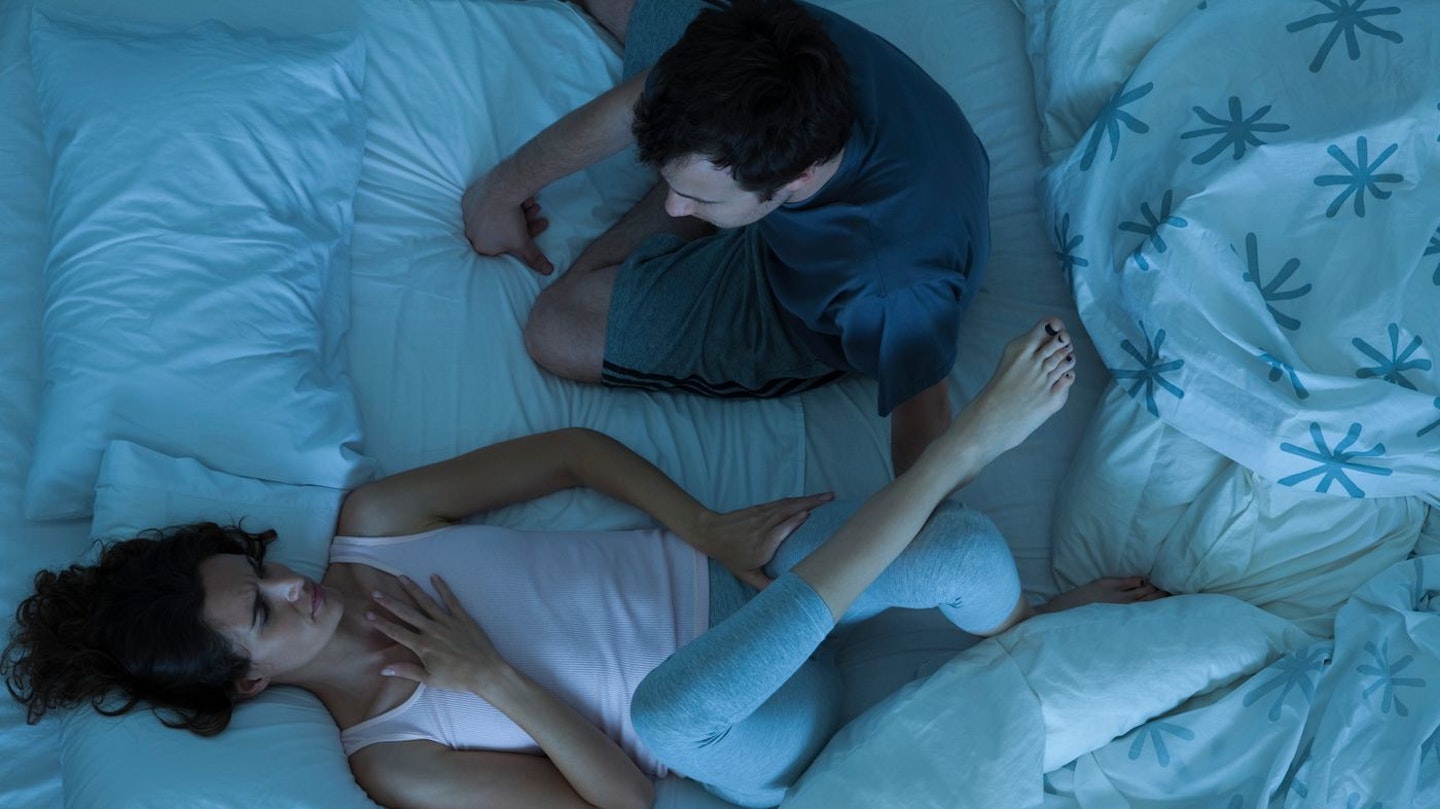 2 of 14
2 of 14I've Been With My Boyfriend For Four Months – Should I Go Into Quarantine With Him?
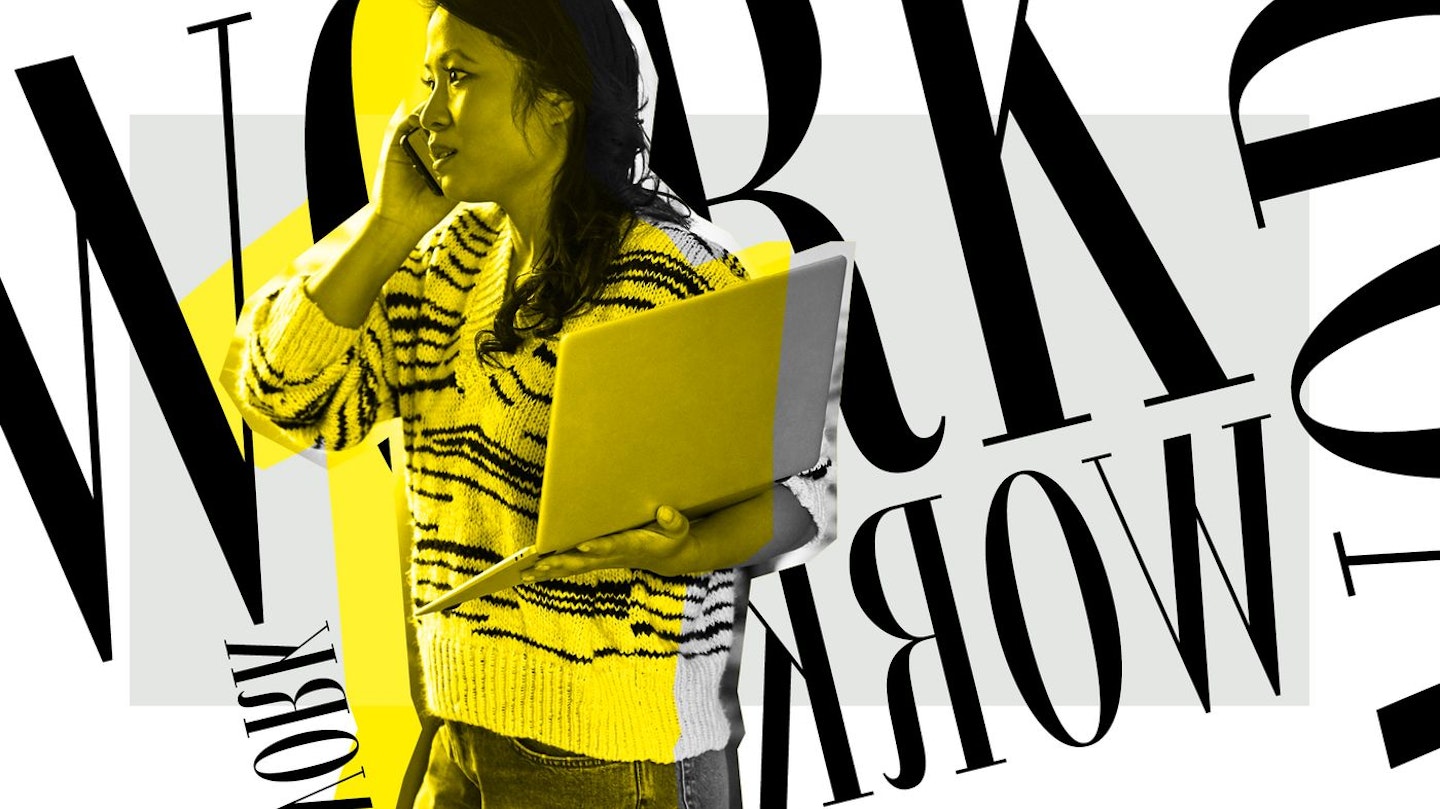 3 of 14
3 of 14Working From Home And MissIng Your Colleagues And Your Routine?
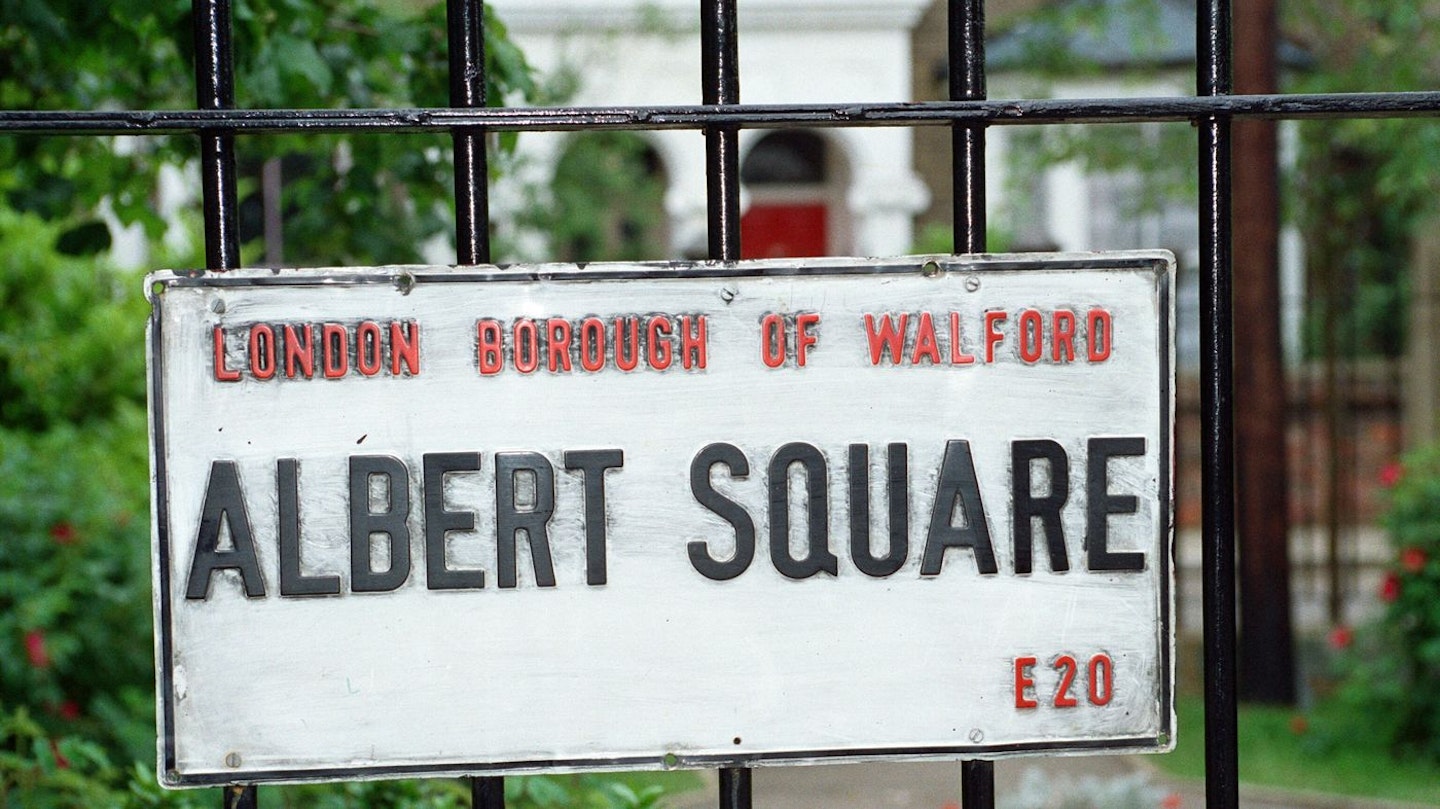 4 of 14
4 of 14From EastEnders To The Friends Reunion: Here's How Coronavirus Is Affecting Our TV Schedules
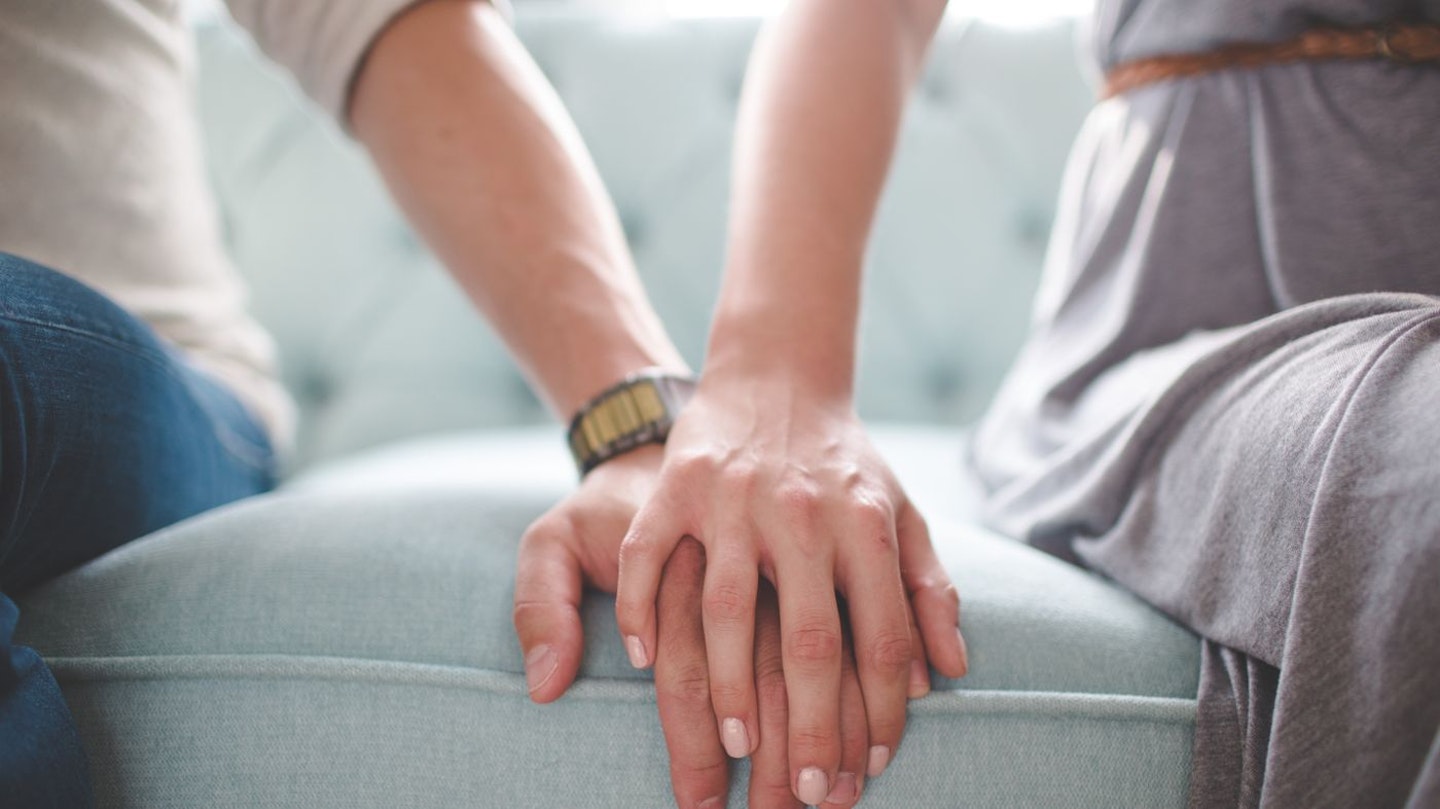 5 of 14
5 of 14Coronavirus: How To Survive Being Cooped Up As A Couple
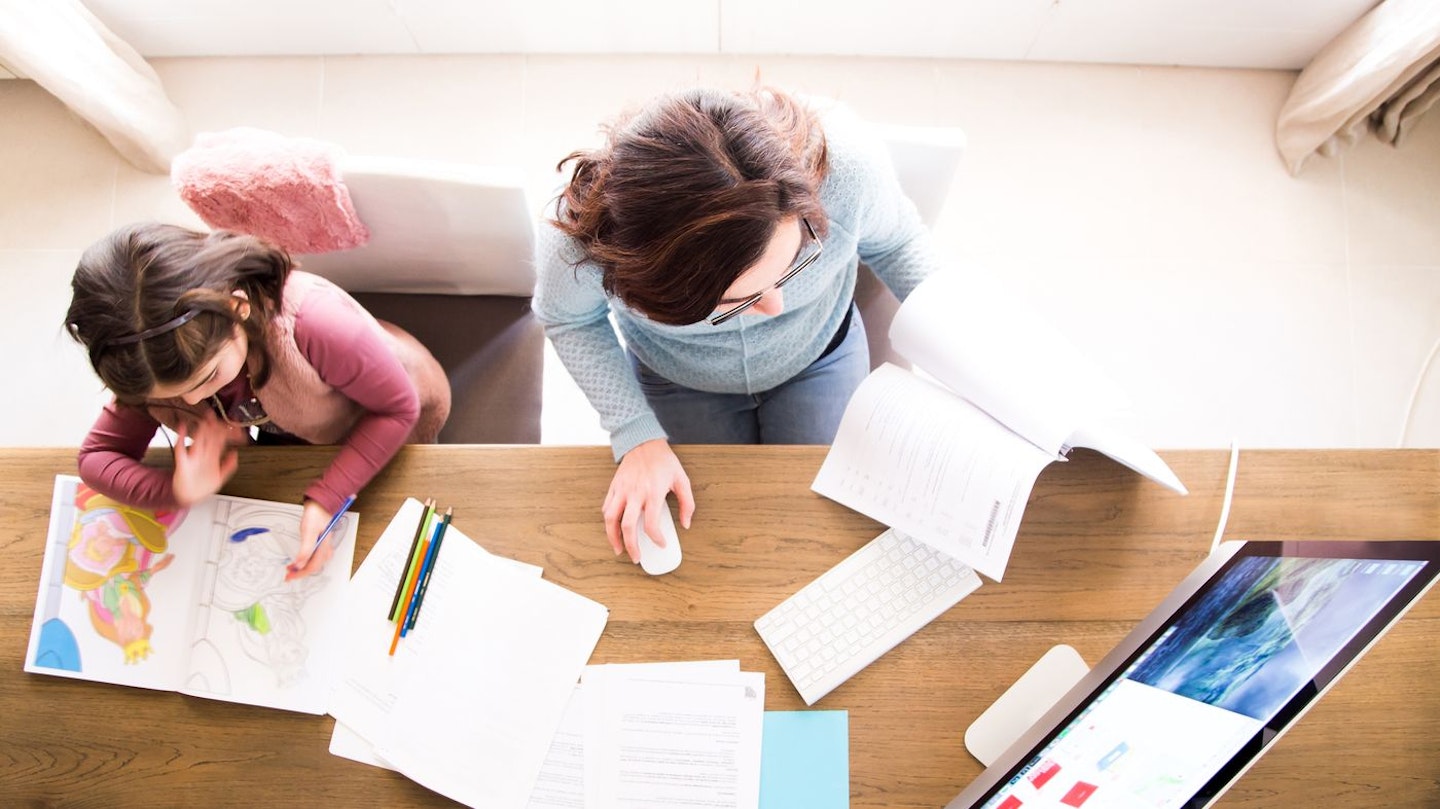 6 of 14
6 of 14Coronavirus And Parenting: The Importance Of Structure, Honesty And More TV Than Usual
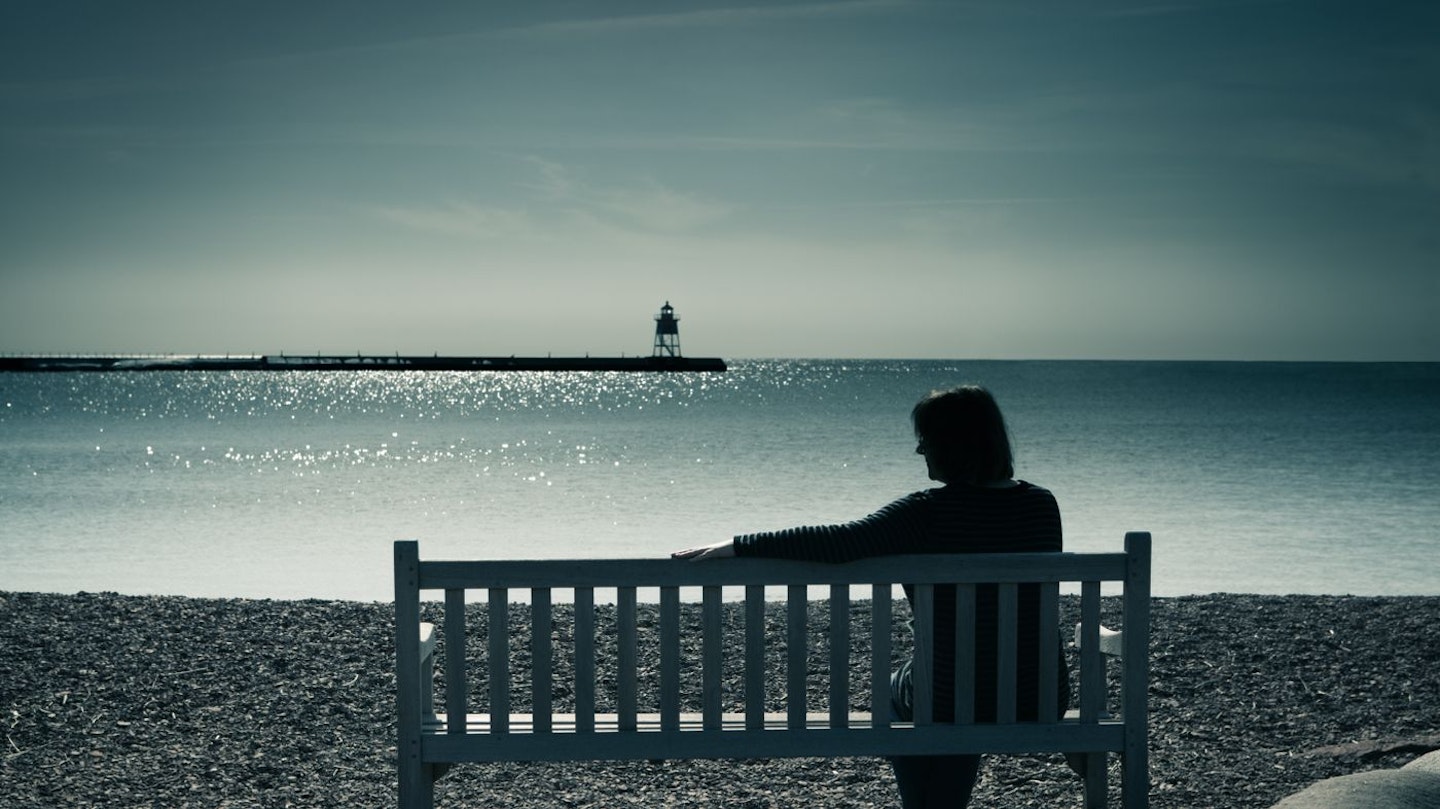 7 of 14
7 of 14How Coronavirus Is Changing My Relationship With My Mum, And My Daughter
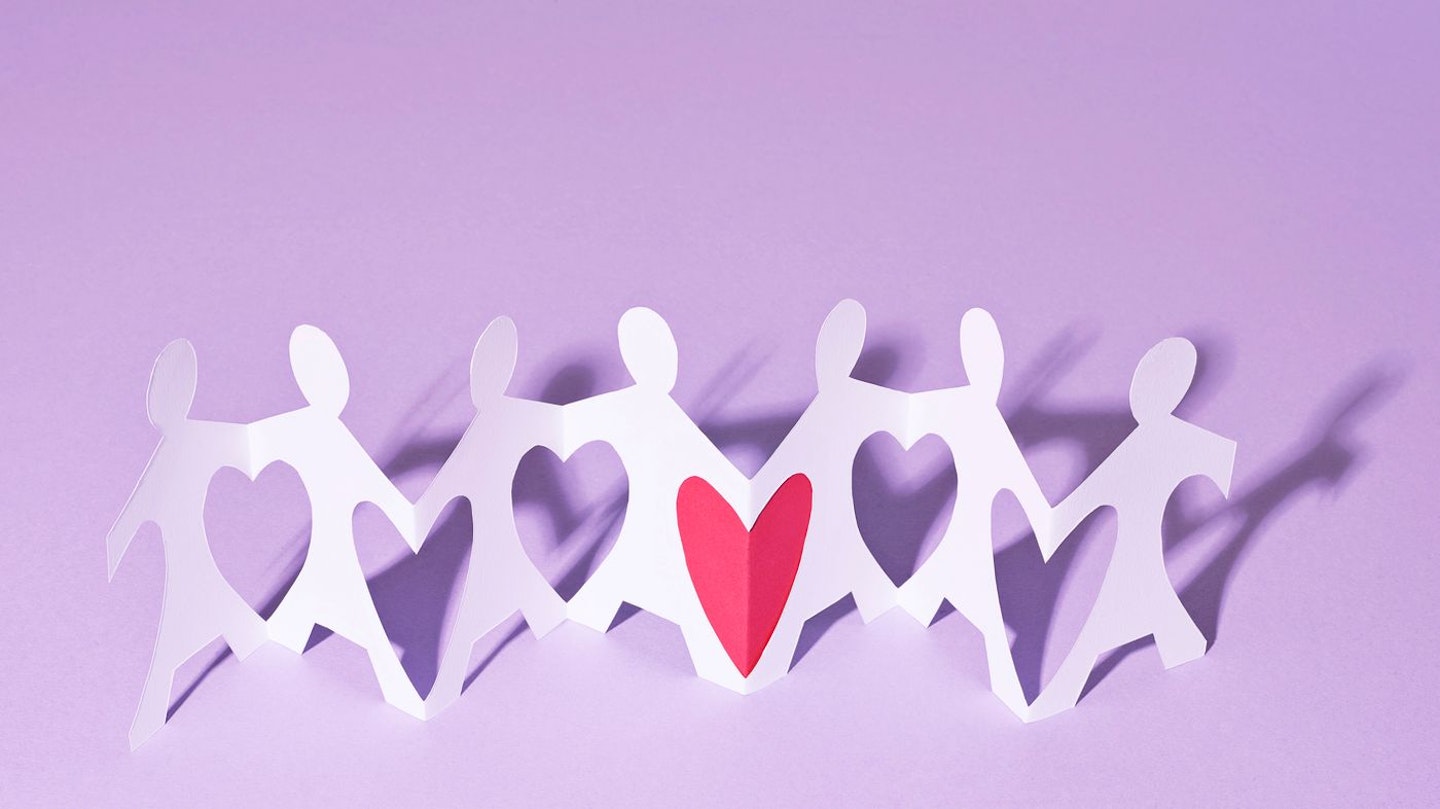 8 of 14
8 of 14Coronavirus: How To Help The Most Vulnerable Women In Society
 9 of 14
9 of 14Coronavirus: The Reality of Cancelling A Dream Italian Wedding
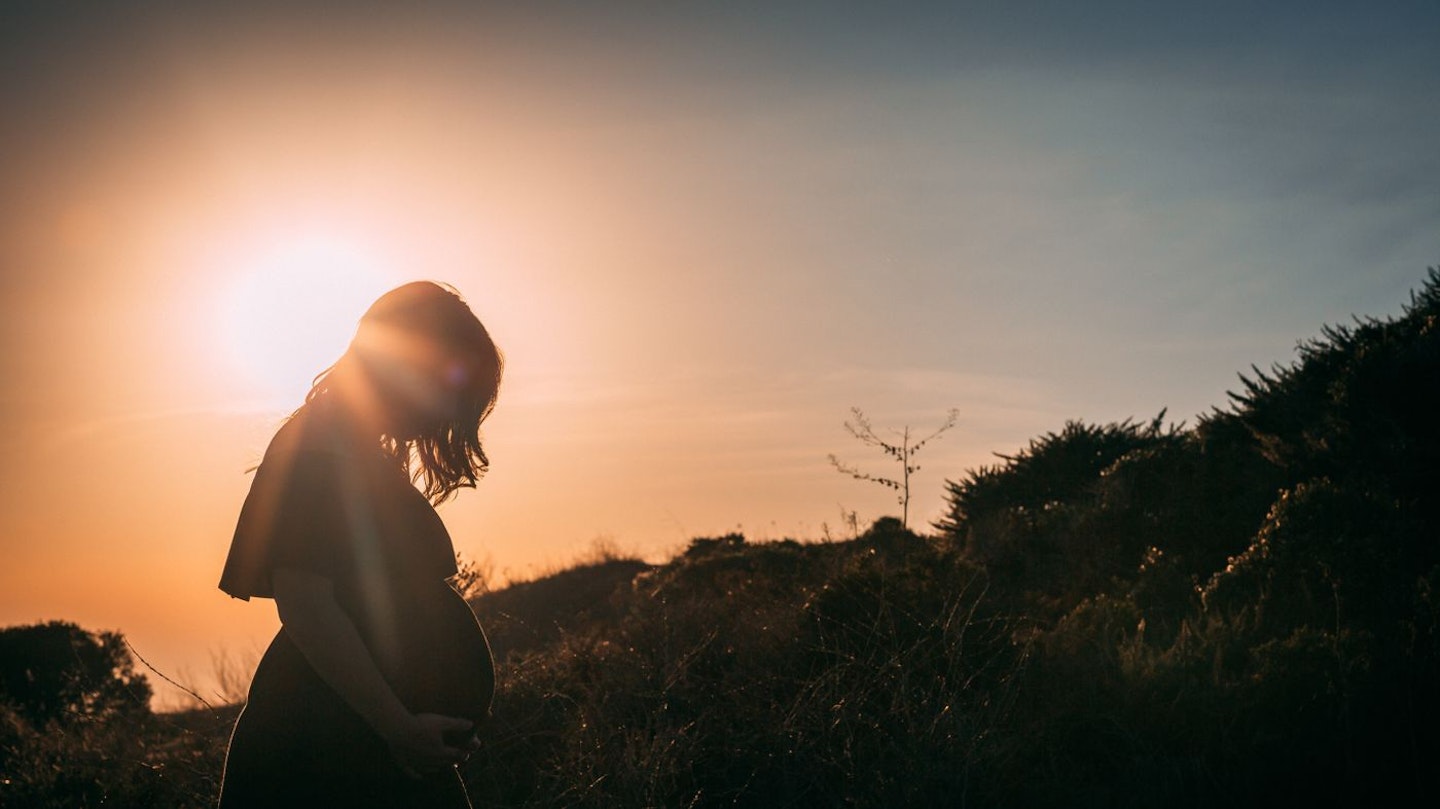 10 of 14
10 of 14‘I Just Have To Hope The Baby's Doing OK’: How It Feels To Be Pregnant Or Trying To Conceive During Coronavirus
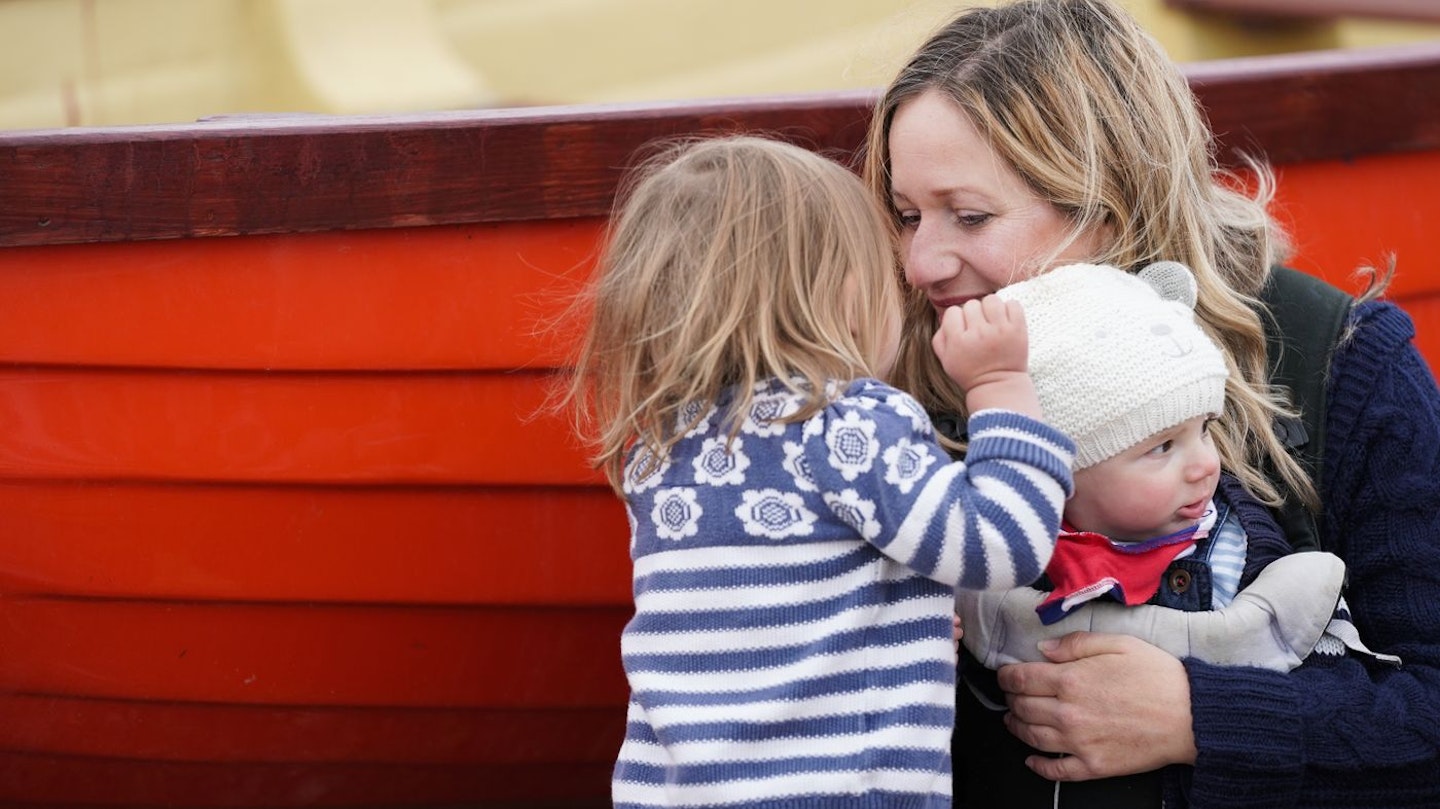 11 of 14
11 of 14Coronavirus: As A Solo Parent During A Pandemic, My Back-Up Plans Have Been Shaken
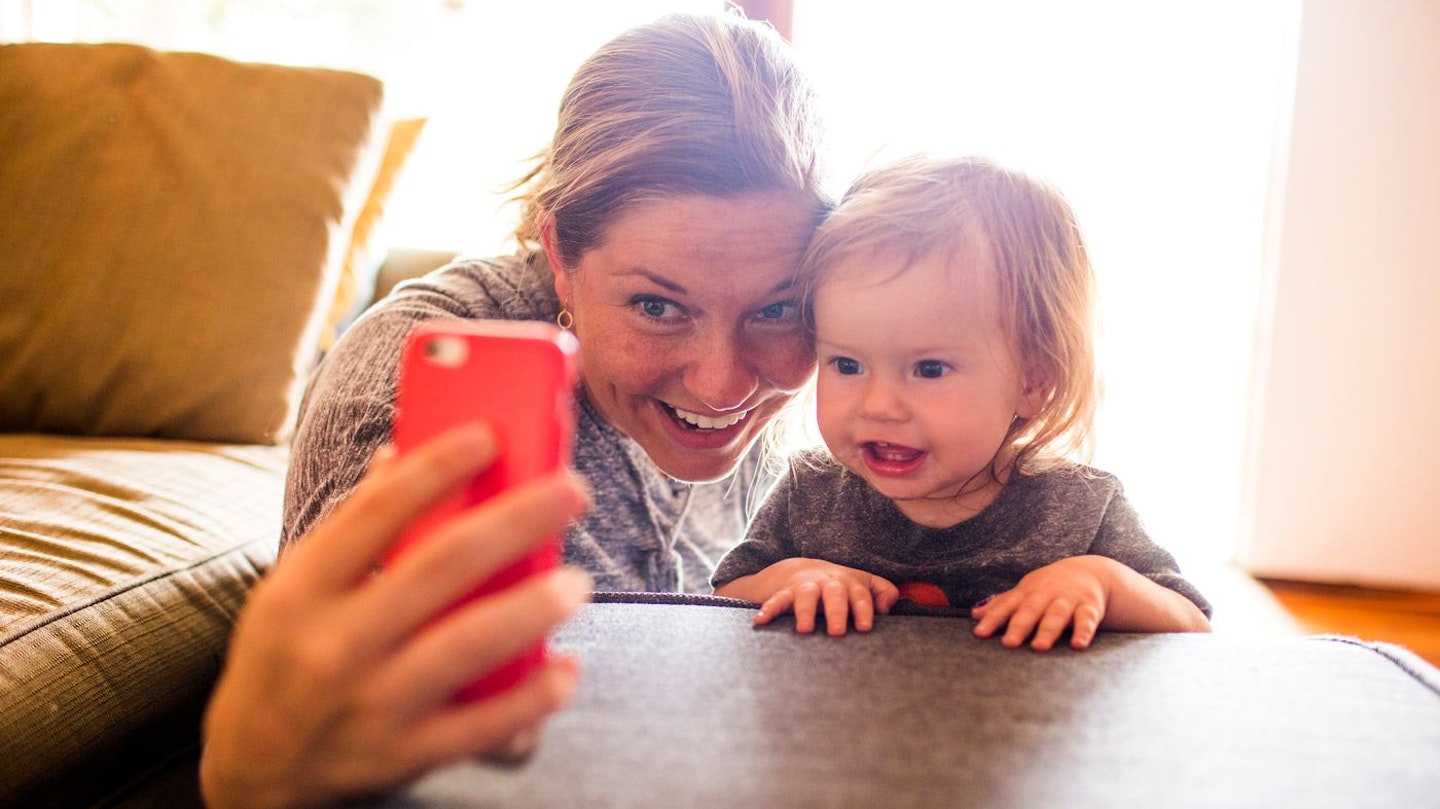 12 of 14
12 of 14Coronavirus: How Can We Celebrate Mother’s Day While Being Socially Responsible?
 13 of 14
13 of 14Coronavirus In Italy: What It's Like Living In Lockdown
 14 of 14
14 of 14